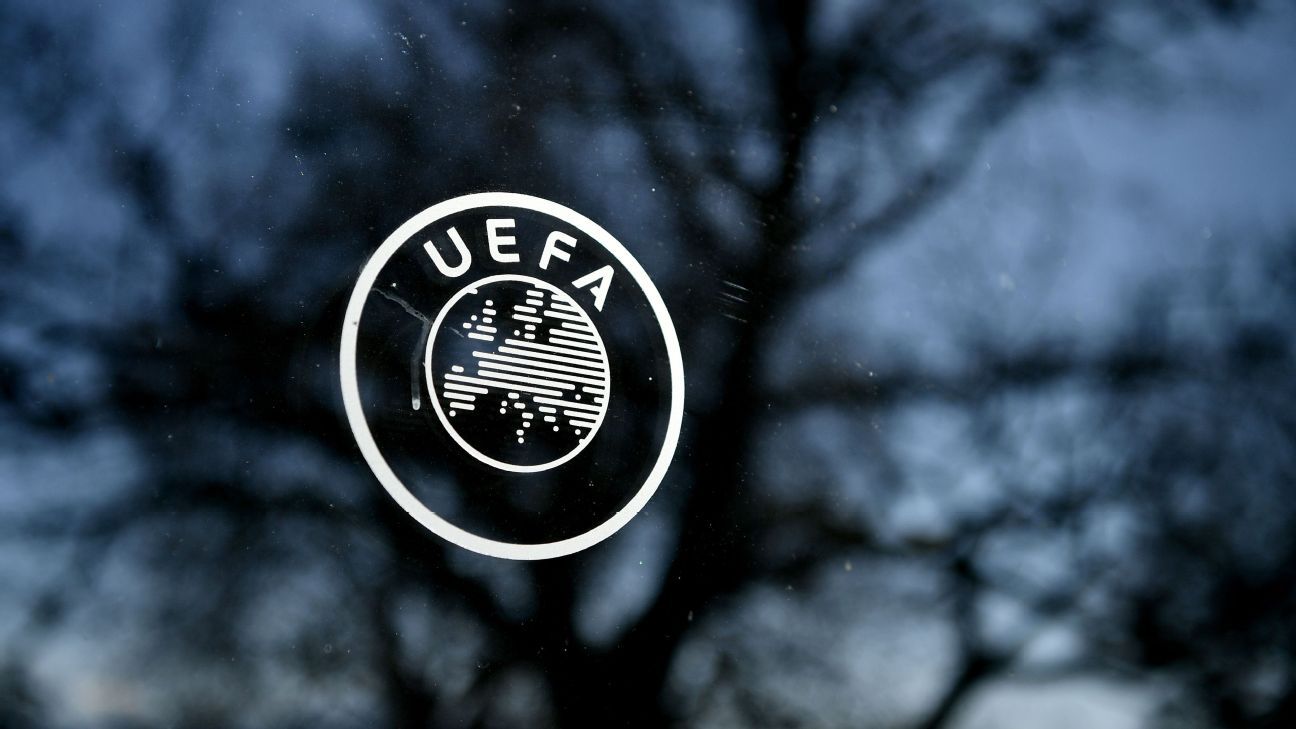Ultra runner Zakrzewski given one-year ban for using car in a race
Written by I Dig Sports
Former world 48-hour record-holder says jetlag left her unable to think straight after accepting a bronze medal in Manchester-Liverpool event in April despite having covered some of the 50 miles in a vehicle
Joasia Zakrzewski created headlines in April when she stood on a podum at the Manchester-Liverpool ultra race after having taken a lift in a friends car for 2.5 of the 50 miles.
When I got to the checkpoint I told them I was pulling out and that I had been in the car and they said you will hate yourself if you stop, Zakrzewski said at the time. I agreed to carry on in a non-competitive way. I made sure I didnt overtake the runner in front when I saw her as I didnt want to interfere with her race.
Zakrzewski, who had recently set a short-lived world record for 48 hours, admitted she was wrong to pose for photos and to accept a trophy and medal after the race. She added that returning from Australia the night before left her jet-lagged and unable to think properly. I made a massive error accepting the trophy and should have handed it back, she said.
However seven months later she has been given a 12-month ban by UK Athletics. The governing bodys disciplinary panel rejected her explanation and have barred her from racing, coaching or managing for a year after finding her guilty of breaking the UKA code of conduct for athletes.
Jo Zakrzewski
In their decision the panel said Zakrzewskis claims were contrary to the evidence of the marshals, evidence which the respondent did not seek to challenge or contest, by way of cross-examination at the hearing.
You can read it in full here.
In a letter to the panel, Zakrzewski said: As stated, I accept my actions on the day that I did travel in a car and then later completed the run, crossing the finish line and inappropriately receiving a medal and trophy, which I did not return immediately as I should have done.
But Zakrzewski denied that she had breached the code of conduct for athletes in that there was ever any intention to cheat or conceal the fact that she had travelled in a car for part of the race.
Joasia Zakrzewski (David Hewitson)
She argued she had told the marshals that she was injured and had decided to keep going on a non-competitive basis. Her claims did not tally with the marshals, though, when they were quizzed about the incident.
In addition, Zakrzewski only admitted using the car when challenged by the race organiser. The respondent sought to defend this by claiming she was embarrassed, but ultimately she chose not to disclose what had happened rather than embarrass herself, the panel said.
Whats more, the panel said she posted about the race on social media but did not disclose that she had completed the race on a non-competitive basis.
They panel said they concluded that the Respondent did seek to conceal that she had completed part of the race on a non-competitive basis, and that in accepting the third place trophy, and portraying that she had come third in the race, she had breached the Code of Conduct for Senior Athletes.
A two-year ban was possible but the panel issued her with a one-year punishment in light of a number of factors such as her state of mind on the day, her full co-operation with the investigation, the fact she had been subjected to trial by social media and her previous clear and impeccable record.
Zakrzewski has the right to appeal if she wishes.















 Phone: (800) 737. 6040
Phone: (800) 737. 6040 Fax: (800) 825 5558
Fax: (800) 825 5558 Website:
Website:  Email:
Email: 






